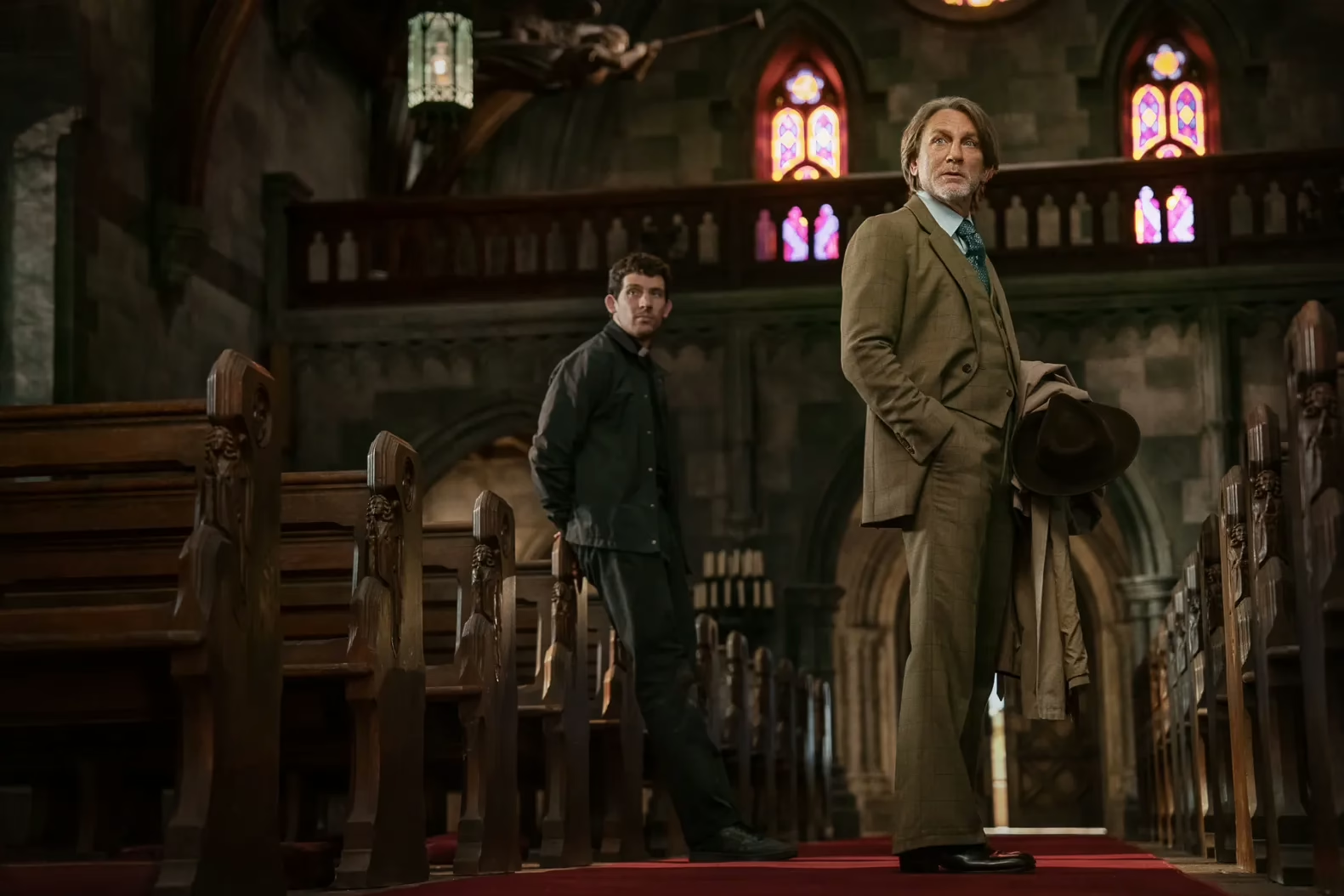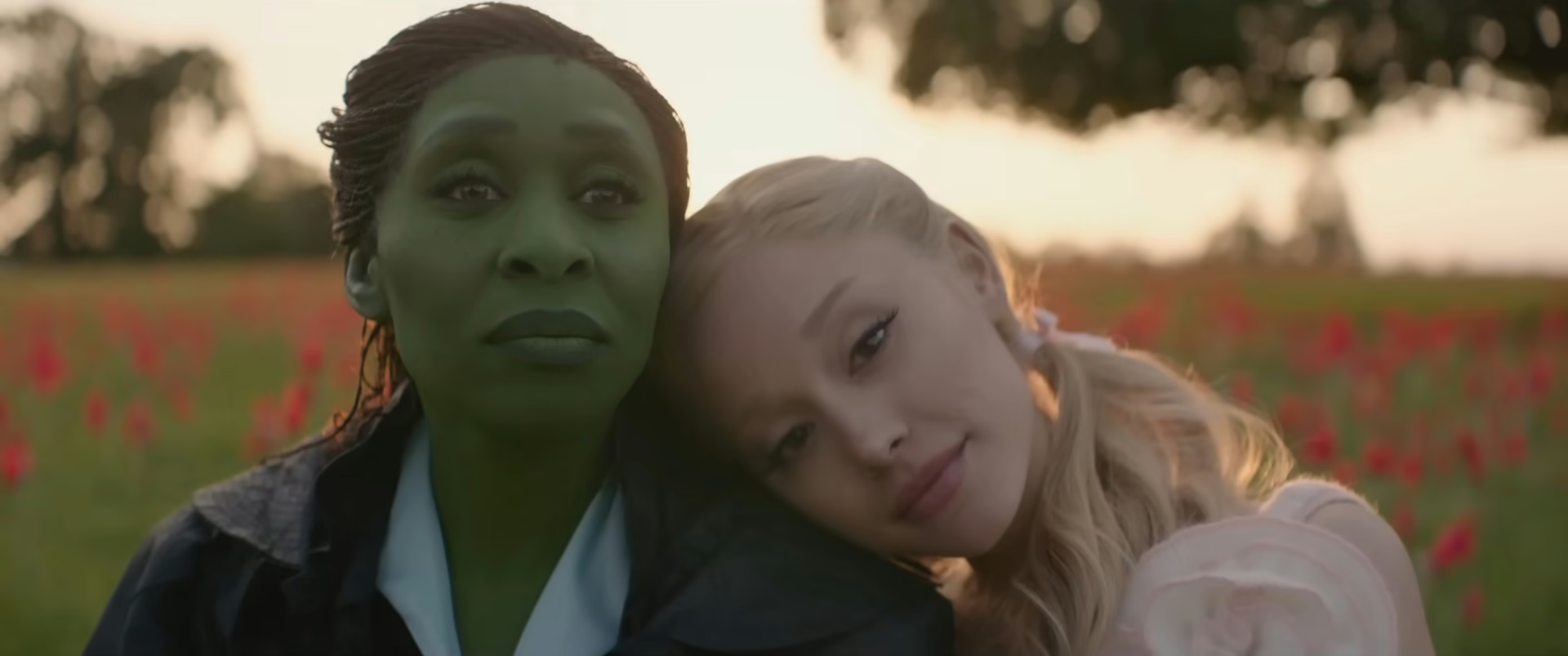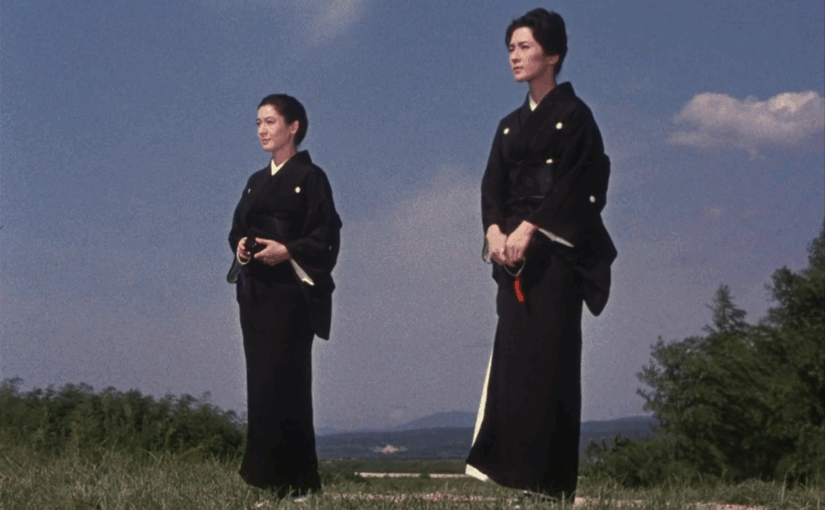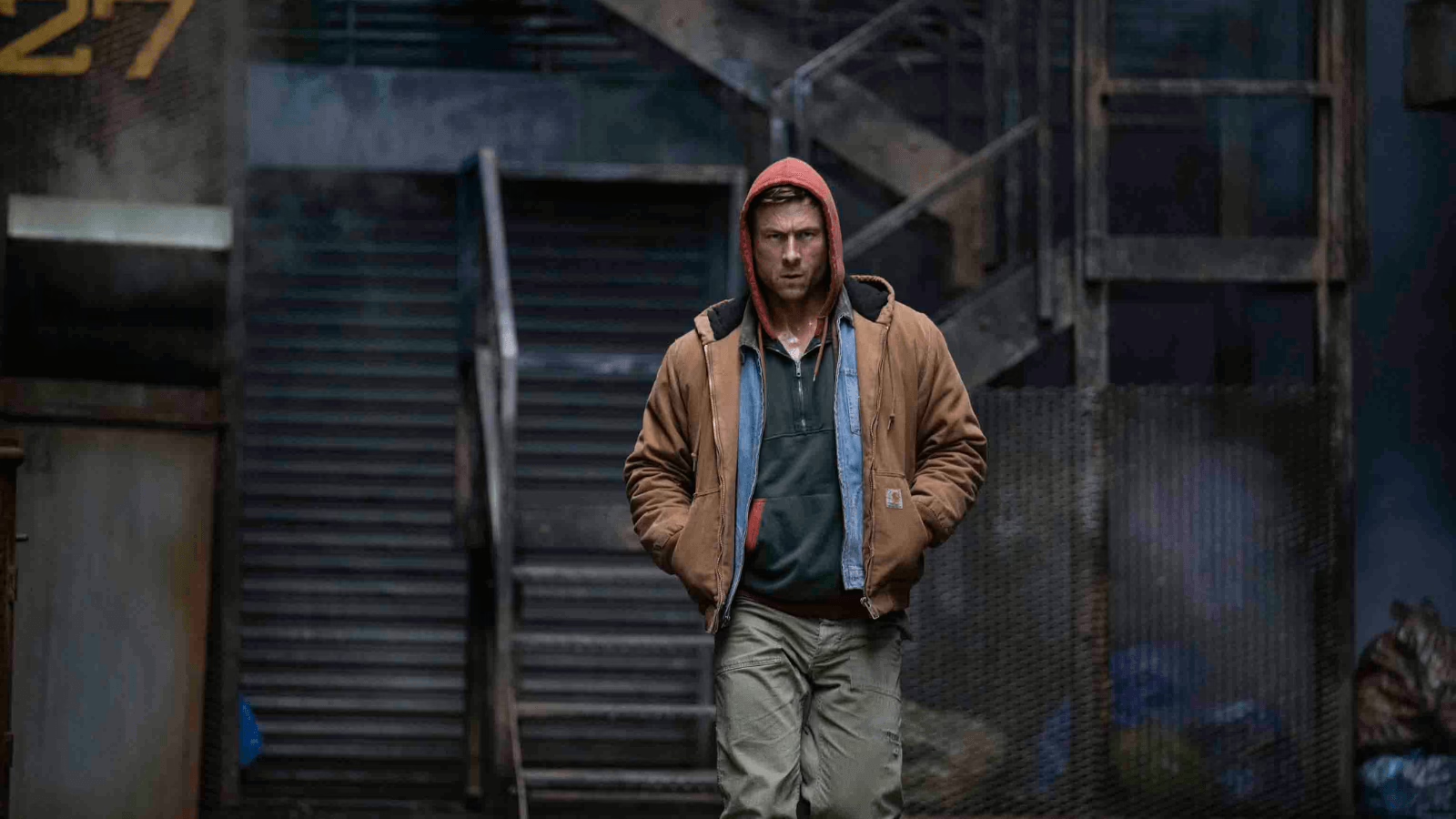-

An Autumn Afternoon (1962)
If Yasujirō Ozu’s filmography is a cinematic suite charting the tension between tradition and progress, then An Autumn Afternoon stands as a tender final movement, tracing a widowed father’s reluctant push to marry off his daughter amid Japan’s mid-century commercialism.
-

Wake Up Dead Man (2025)
The cerebral pleasures of Wake Up Dead Man’s painstakingly plotted mystery may captivate the mind, yet Rian Johnson’s careful attention to the spiritual stakes within a guilty church congregation resonates with haunting ambiguity, unravelling the impossible, locked-room murder of a vindictive priest.
-

Wicked: For Good (2025)
Although the uneven pacing of Wicked: For Good blunts its dramatic urgency, Jon M. Chu delivers a finale steeped in fantastical, kaleidoscopic ambition, subverting cinematic canon with lavish worldbuilding, impossible designs, and freshly layered characterisations.
-

The End of Summer (1961)
Marriage within the Kohayagawa family takes on multiple meanings throughout The End of Summer, ensuring stability within the younger generations and bringing scandal among the older, as Yasujirō Ozu weaves its humour and drama into poetic lamentations of life’s bittersweet sorrows.
-

The Running Man (2025)
Uneven pacing and plotting aside, The Running Man imperfectly thrives in Edgar Wright’s stylish, sardonic thrills, charting a fugitive’s desperate odyssey through a dystopian America where survival is broadcast for mass entertainment.

